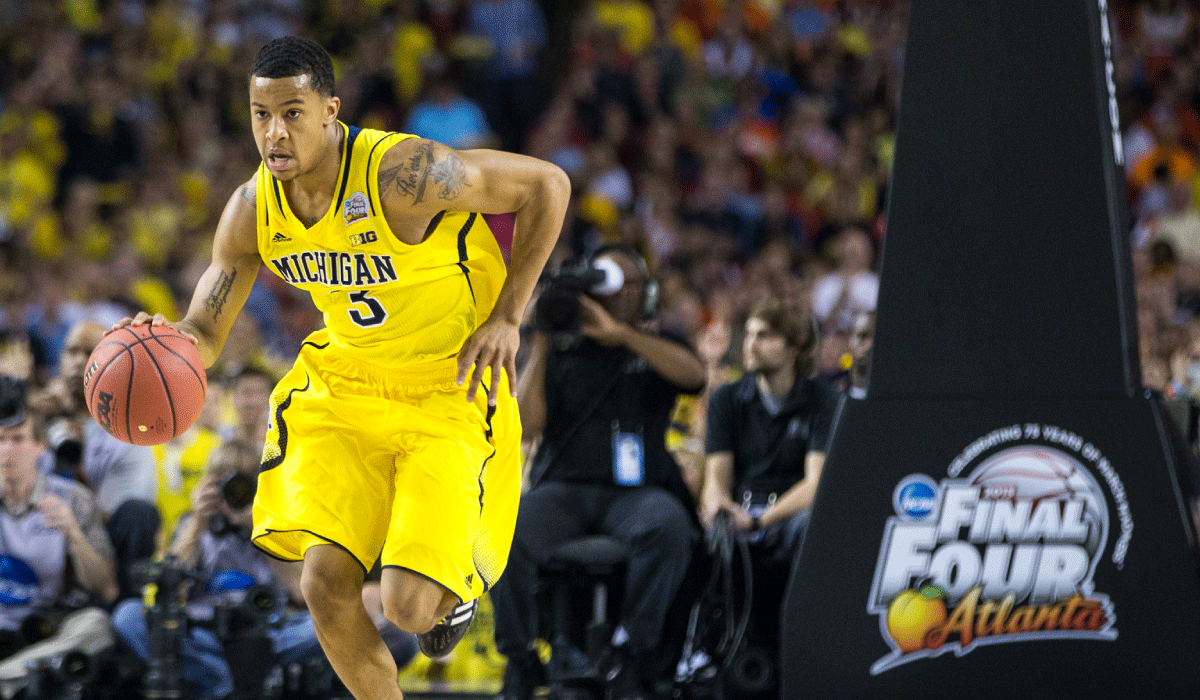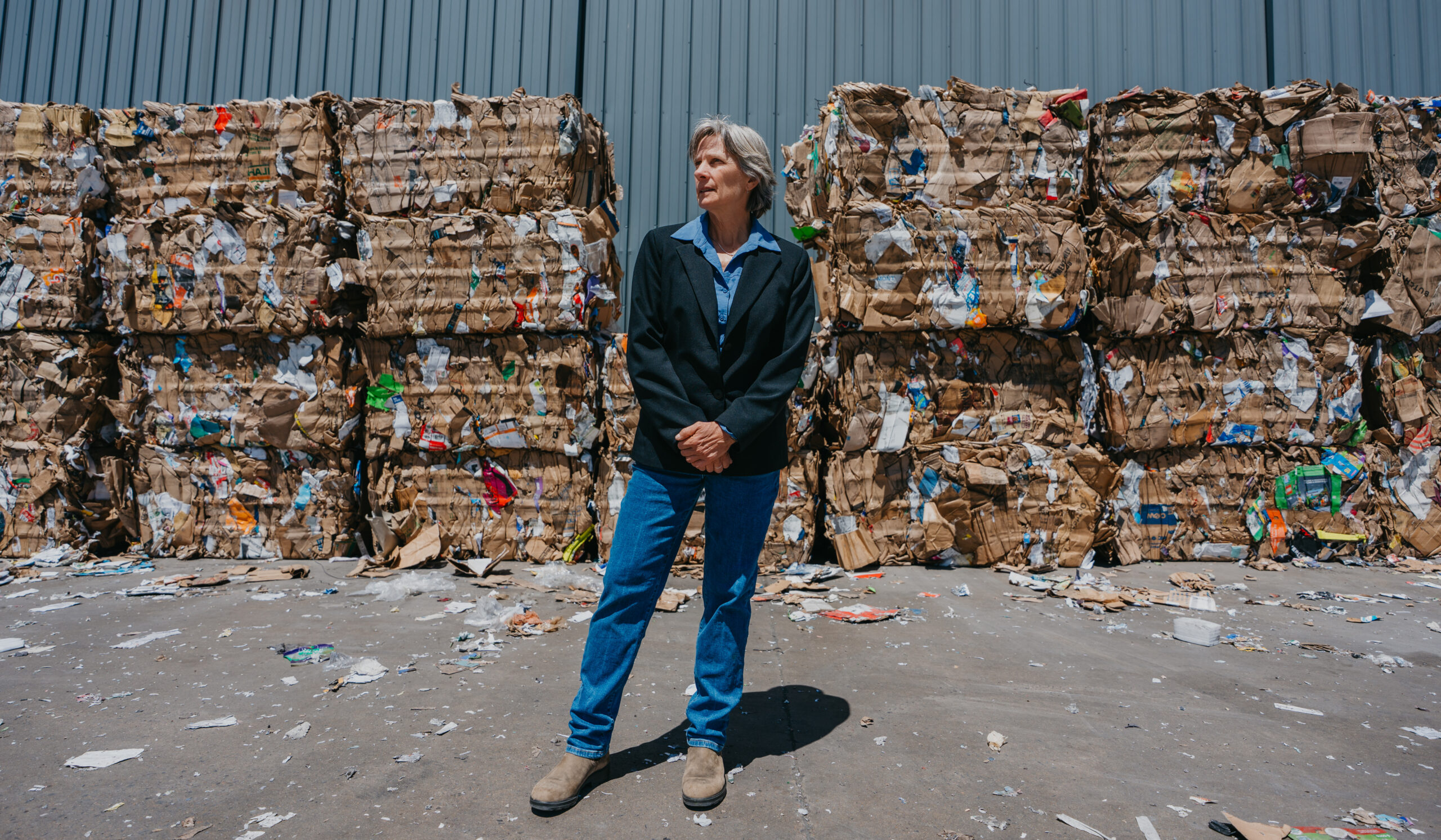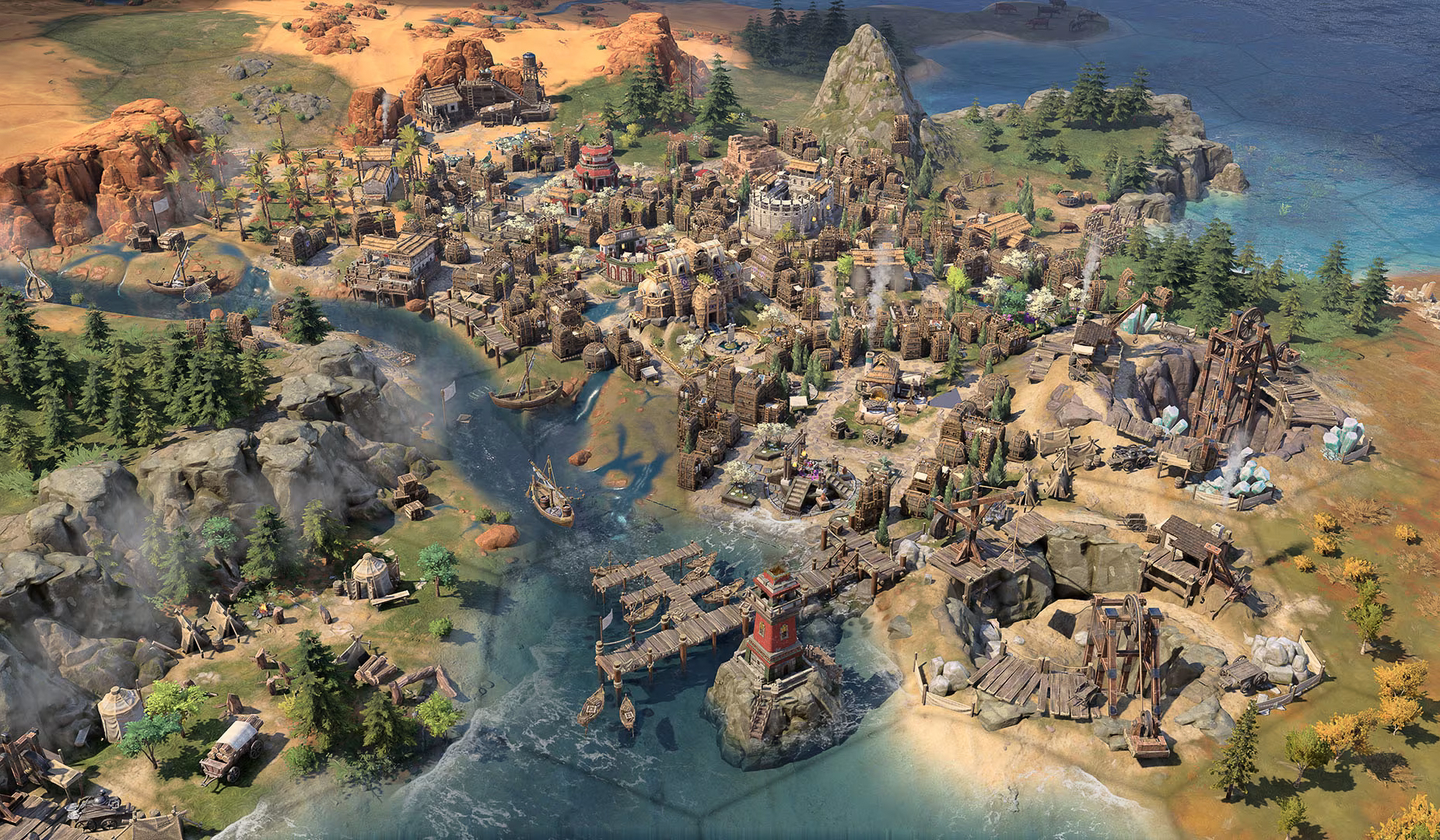Just as Trey Burke rescued the Wolverines with a dazzling 30-foot buzzer-beater when all seemed lost in the Sweet 16 matchup against Kansas in the 2013 NCAA Tournament, the U-M legend has burst out of seemingly nowhere to save his own professional basketball career.
The Philadelphia 76ers released Burke, 28, in February; it was his fourth NBA team in four years. His glory days, the chattering class of pro hoops agreed, were behind him.
Then, in July, the Dallas Mavericks signed him as a fill-in for an injured point guard as the bifurcated season restarted following its COVID-19 shutdown. He scored 31 points and made a career-high eight three-pointers in his first game and went on to start in half the team’s brief six-game playoff run.
All that was good enough to land Burke a three-year, $10 million contract with the Mavericks in mid-November. Burke spoke to Michigan Alumnus about the hard lessons he has learned in his career since college, his COVID experience, and why he’s confident he still has plenty of great ball to play.
The following was edited for space and clarity.
You really wanted to stay with Dallas.
Yeah; it fits my game. Coach (Rick) Carlisle and the coaching staff know what I can do and believe in my value on both ends of the court. We have a championship contending-type team with the pieces we have. I’m excited to return there.
Sometimes in the media, you are referred to as a “journeyman” because you’ve been on a number of teams. How does that feel?
I still look at myself as young. I’m only 28. I could play for eight, nine more years. So I believe I can still find a team where I can finish my career out. Then it’ll be, “Dang, he played here for the rest of his career.” A lot of players might’ve already accepted being a journeyman. I still believe that I can be an all-star.
You had COVID-19. How sick were you?
I was feeling sick the morning I headed to Dallas to join the team this summer. Didn’t think too much of it. I got chills, then I suddenly got really hot, breaking out in a full sweat. I go straight to my room, take a hot shower, go to bed. That night I woke up and didn’t feel too bad, but I had a test and it was positive. Emotionally, I was OK, but I still was a little disappointed because I knew this was my opportunity to get back with Dallas and showcase what I can do. It was frustrating. I had COVID for, like, a week and a half, and I was quarantined in Dallas in a hotel. They had me take a test every other morning. After about a week and a half, I got my two negatives in a row and was able to go to Orlando to join the team.
You went pro after your sophomore year. Do you wish you could tell college players now what they’ll miss by not staying in college?
Yeah. I was 19 and not really understanding all the demands of being a professional. I could have used another year in college. I had that structure, that system there. In the NBA, it’s pretty much up to you. In college, guys overlook the value of that and try to be so quick to jump to professional. You gotta be real careful because it’s a life-changing decision. I could have done some more maturing in college to get prepared for that level.
What do you miss about college?
I miss being a kid. I just got back to having fun again, playing basketball. You had the fan base, you had the campus, you were still going to school. I miss playing on CBS on Sundays. I miss the rivalries and having to go on the road and play in some of the most hostile environments and just the tradition of college basketball. I miss Dick Vitale.
What’s it like to be a Michigan star who grew up in Columbus, Ohio?
It’s funny because I remember in my eighth grade year that Michigan and Ohio State were No. 1 and No. 2 in football. I would’ve cried if Ohio State would have lost that game. I’m not gonna lie, I was a die-hard until Michigan recruited me. Ohio State recruited me, too, but they never offered me a scholarship. It’s flipped now. I root for Michigan in everything.
Steve Friess is news and features editor at Hour Detroit and a Newsweek contributing writer.





